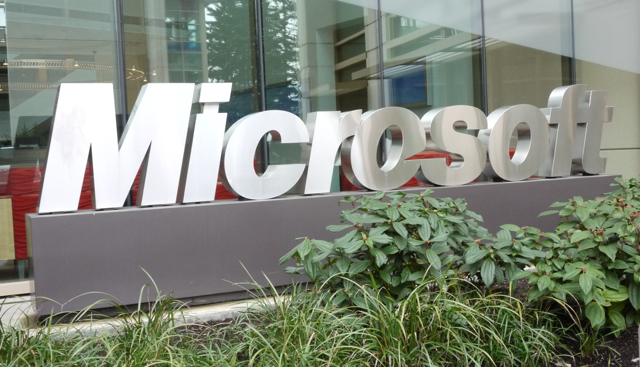The new Microsoft Research AI lab is now open for business, targeting the creation of a single system of general artificial intelligence that can flexibly work on a range of problems. Based at company headquarters in Washington state, the lab will be home to more than 100 scientists whose AI research spans fields including perception, learning, reasoning and natural language processing. The lab’s goal of general AI differs from narrow AI, which performs one task very well, such as facial recognition.
Bloomberg reports that, by opening the new AI lab, “Microsoft will be competing with other AI research companies,” including Alphabet’s DeepMind and Google Brain, OpenAI (whose founders include Elon Musk and Peter Thiel), and GoodAI, “a small research outfit in the Czech Republic.” At the same time, Microsoft is teaming up with rivals on Partnership on AI to Benefit People and Society, an effort that looks at the ethical implications of AI.
Microsoft Research Labs director Eric Horvitz, who co-founded the Partnership, will become its sole chair next year. Microsoft has also created AI and Ethics in Engineering and Research (Aether), its own “company-wide advisory panel … also chaired by Horvitz, to provide ethical oversight for the company’s AI effort,” which will report directly to Microsoft chief executive Satya Nadella.
“The field has undergone a tremendous amount of centrifugal force over the years,” said Horvitz, who notes the goal of the new lab is to bring computer vision experts together with natural language processing experts, as well as to hire “computer scientists and experts in fields such as cognitive psychology.” The lab will also partner with MIT’s Center for Brains, Minds and Machines.
In light of the growing importance of AI, Microsoft also “reorganized its sales force to focus more on selling products related to artificial intelligence and cloud computing.” It also launched AI for Earth, a new project led by the company’s chief environmental scientist Lucas Joppa that offers $2 million in cloud-computing credits and training in machine learning to “scientists doing research on sustainability issues related to agriculture, water, biodiversity and climate change.” Another pilot program, FarmBeats, focuses on getting “data in the hands of farmers to improve crop yields.”


No Comments Yet
You can be the first to comment!
Sorry, comments for this entry are closed at this time.